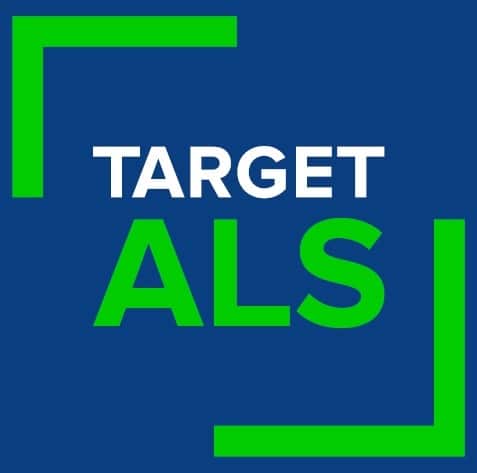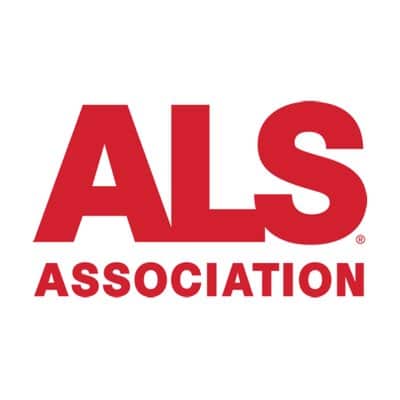AFTD Convenes Industry Leaders, Researchers in Miami for TDP-43 Workshop

In February, AFTD hosted a workshop on the development of TDP-43 biomarkers for FTD and ALS, bringing together researchers, scientists and key opinion leaders from industry and academia to consider the possibility for improved diagnostic tools in dementia.
The meeting – held in Miami on February 27 – builds on AFTD’s ongoing commitment to developing FTD
biomarkers. Biomarkers provide measurable evidence of current or potential disease. Validated biomarkers regularly used in clinical practice include high blood pressure for coronary artery disease and blood sugar levels for diabetes.
“As any family living with FTD knows, this disease is extremely challenging to diagnose,” said AFTD Chief Executive Officer Susan L-J Dickinson. “Currently, a person with behavioral variant FTD endures more than three years of delayed diagnosis, typically complicated by a series of misdiagnoses along the way. Creating effective biomarkers would point the way toward faster, more accurate diagnoses – and, potentially, drug development.”
In recent years, TDP-43 has emerged as a potential biomarker for both FTD and ALS. “TDP-43 is a protein that forms abnormal clumps in the neurons, or brain cells, of about half of people living with FTD,” said AFTD Research Manager Debra Niehoff, Ph.D. “A biomarker that allowed us to detect and measure TDP-43 would aid in FTD diagnosis and could also help researchers recruit people into the right clinical trials.”
The assembled scientists and researchers discussed the potential for fluid biomarkers, which can be measured in blood, serum or cerebrospinal fluid, and imaging biomarkers, which can be seen on scans. Participants stressed that the ability to distinguish FTD associated with TDP-43 from FTD associated with tau, the other protein commonly affected in FTD, is a key unmet need in clinical practice.
Because TDP-43 is often found in very small quantities, many researchers have not discovered how much is needed to measure for an effective biomarker, Dr. Niehoff said. “It’s a big outstanding question we need to resolve,” she said. “For example, in brain imaging, there has to be enough to recognize a signal against your background.”
The meeting also offered an update on scientists funded by the FTD Biomarkers Initiative.
“We are very pleased with the progress our grant recipients are making” Dr. Niehoff said. “All of this work and investment moves us closer to the possibility of a much-needed FTD biomarker.”
AFTD thanks the generosity of the workshop’s co-sponsors, Target ALS and the ALS Association.
 |
 |
By Category
Our Newsletters
Stay Informed
Sign up now and stay on top of the latest with our newsletter, event alerts, and more…
